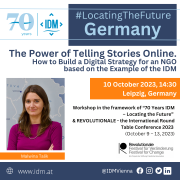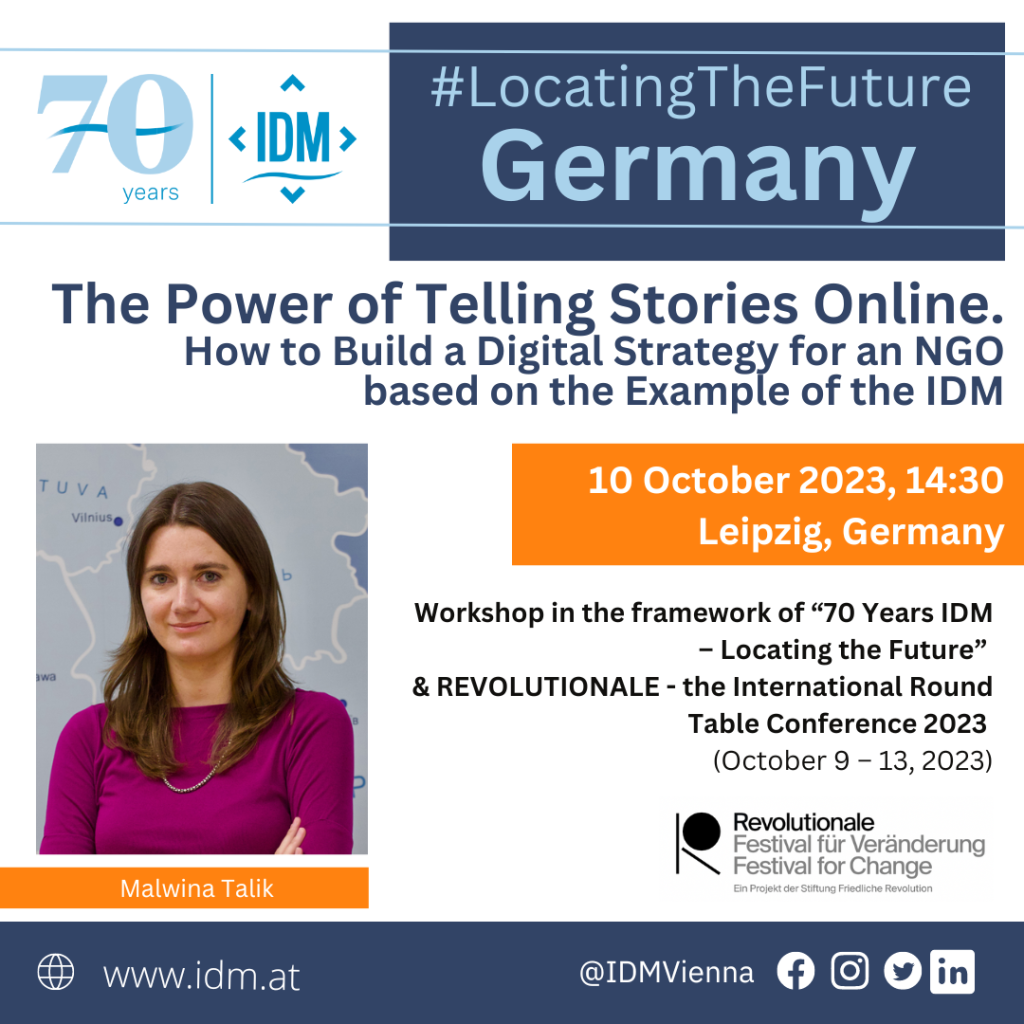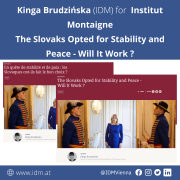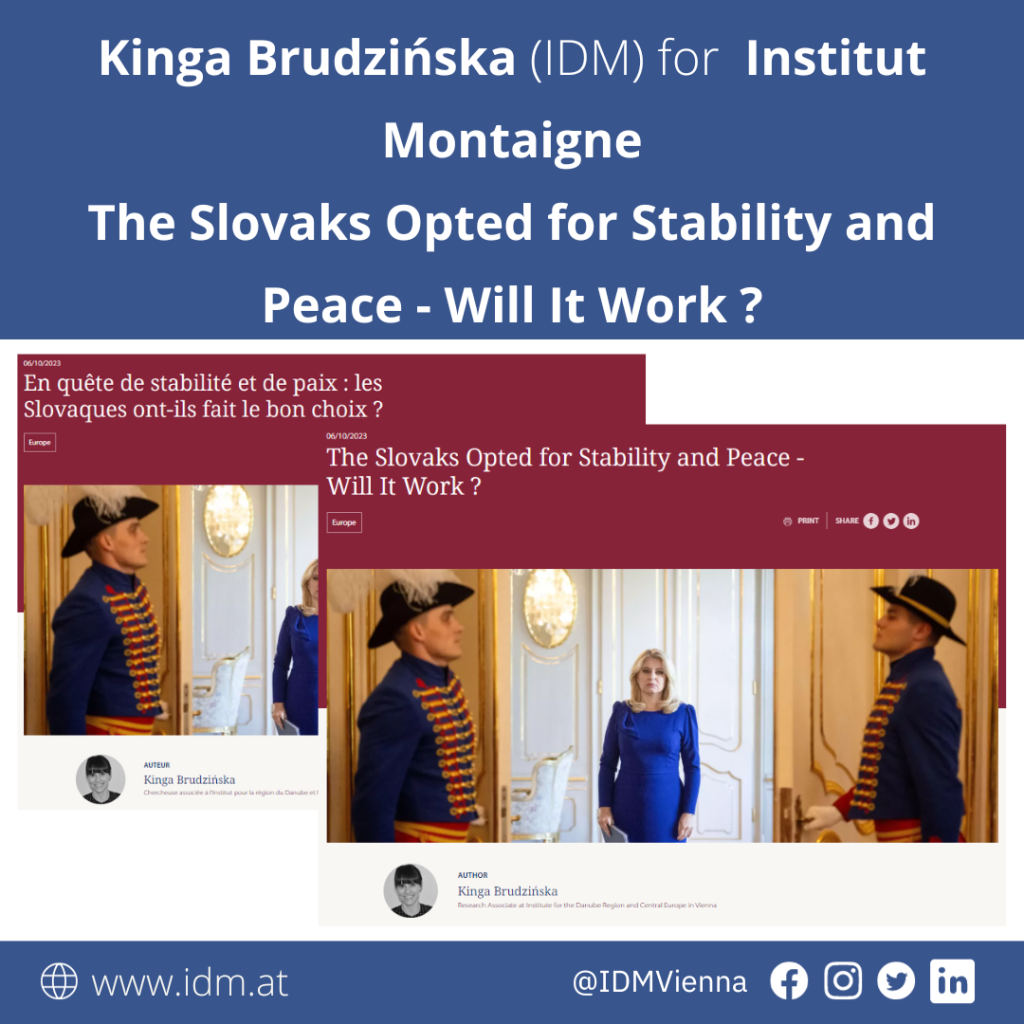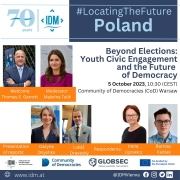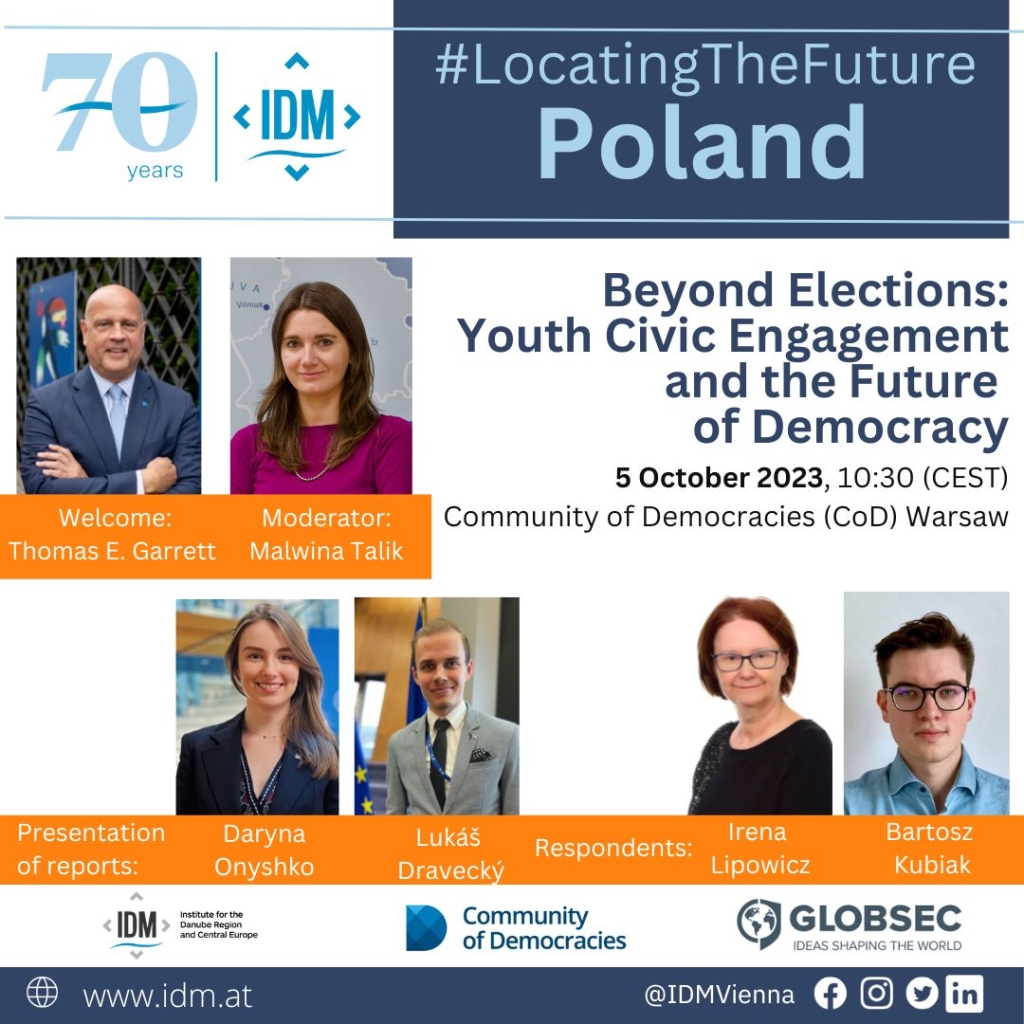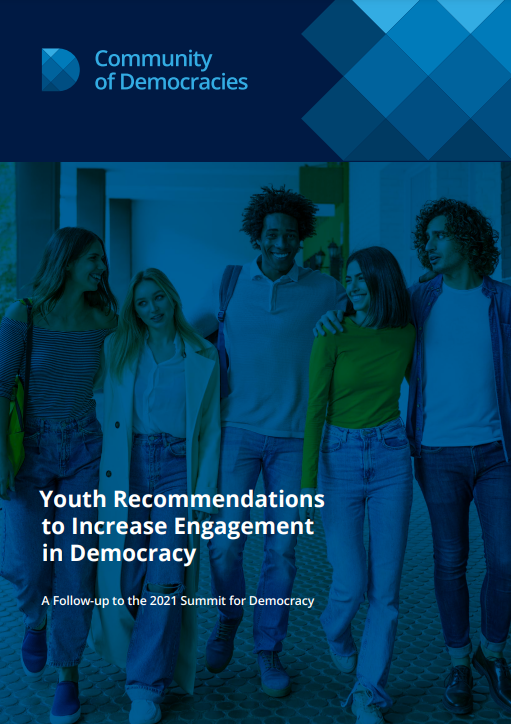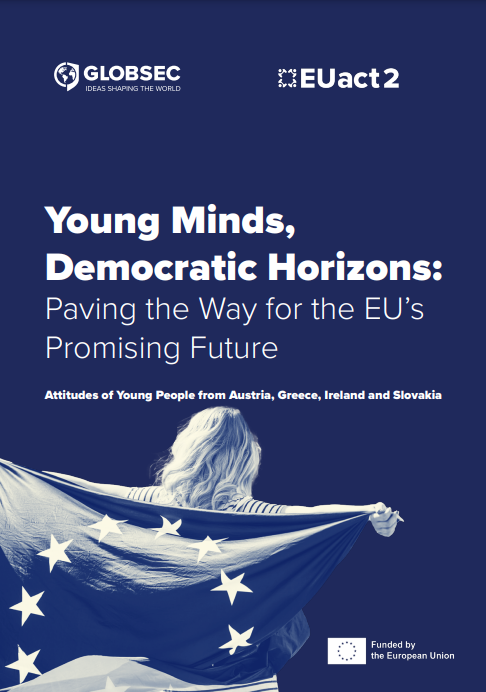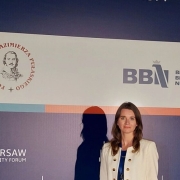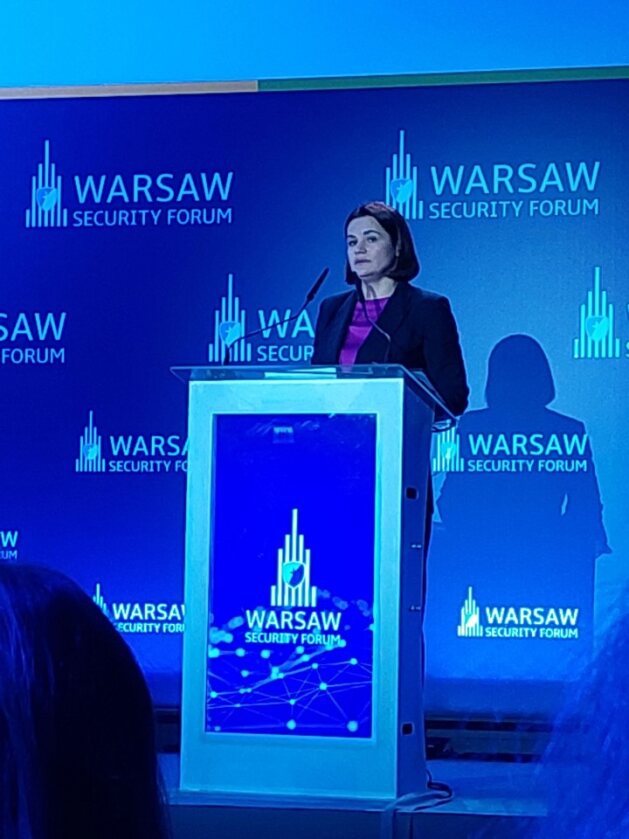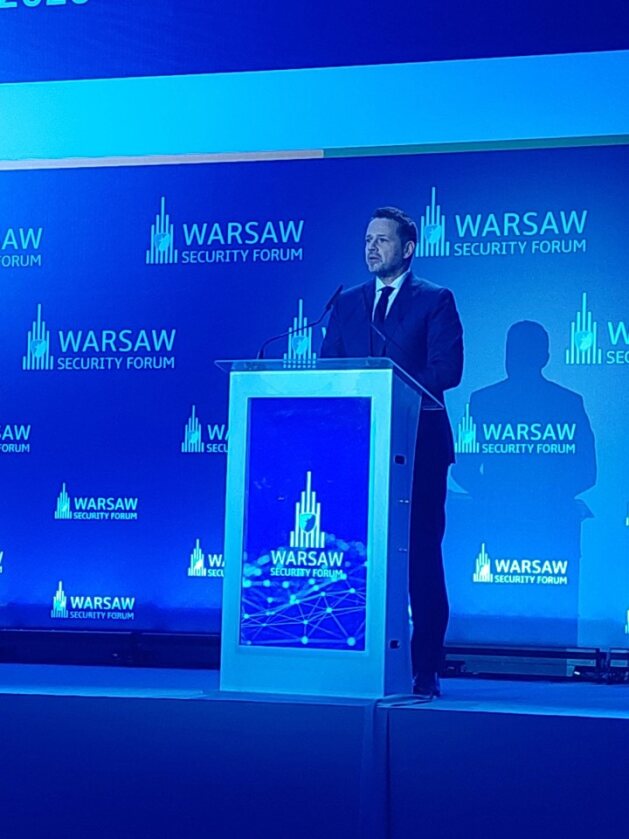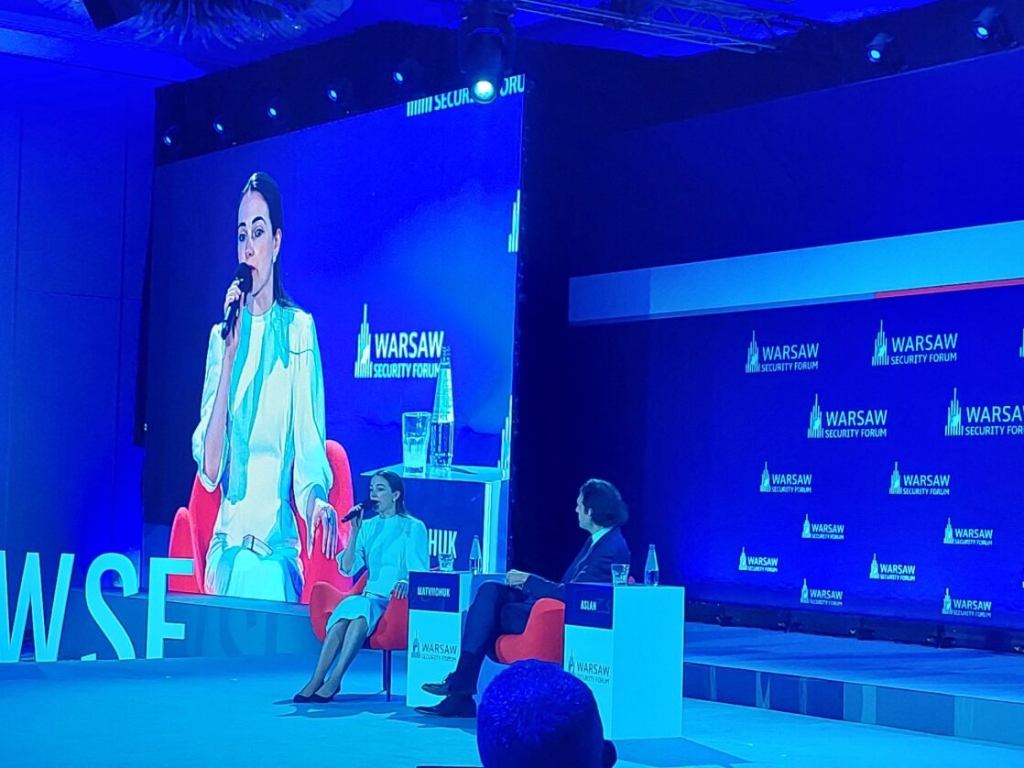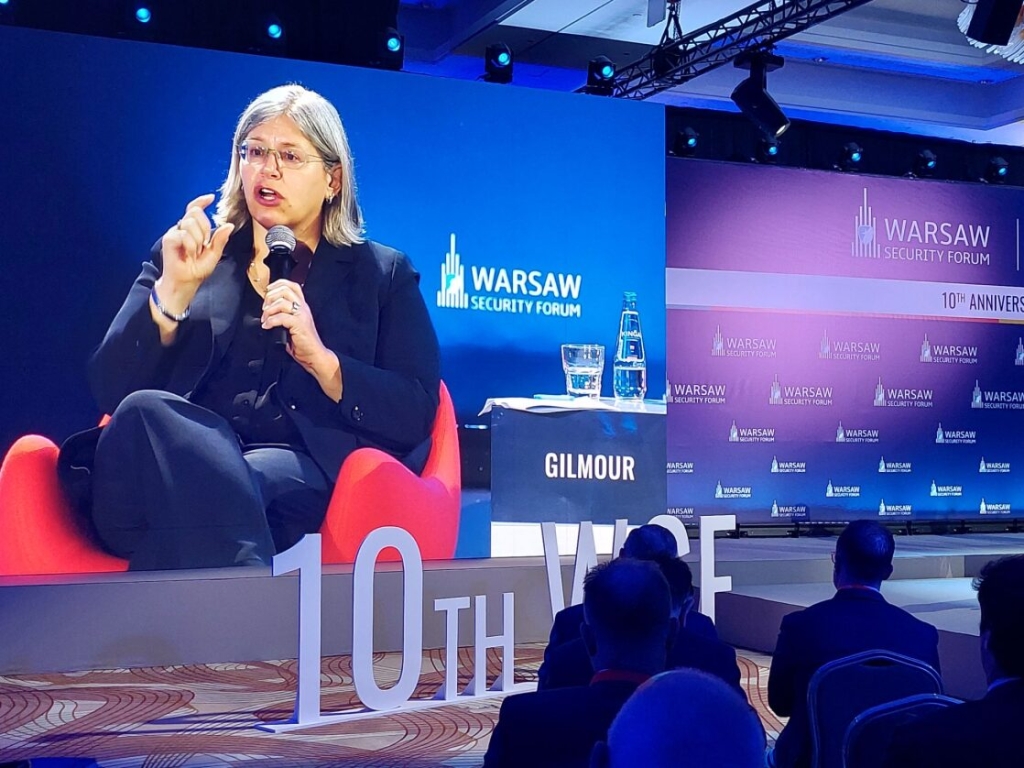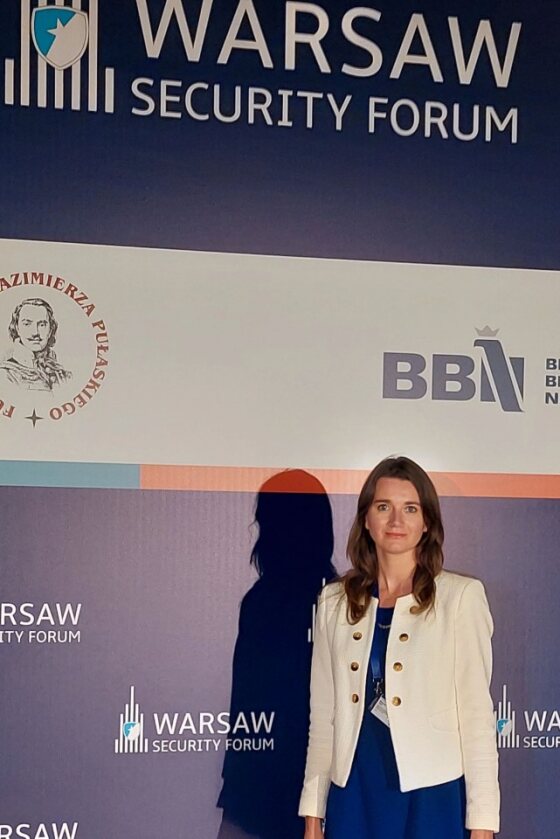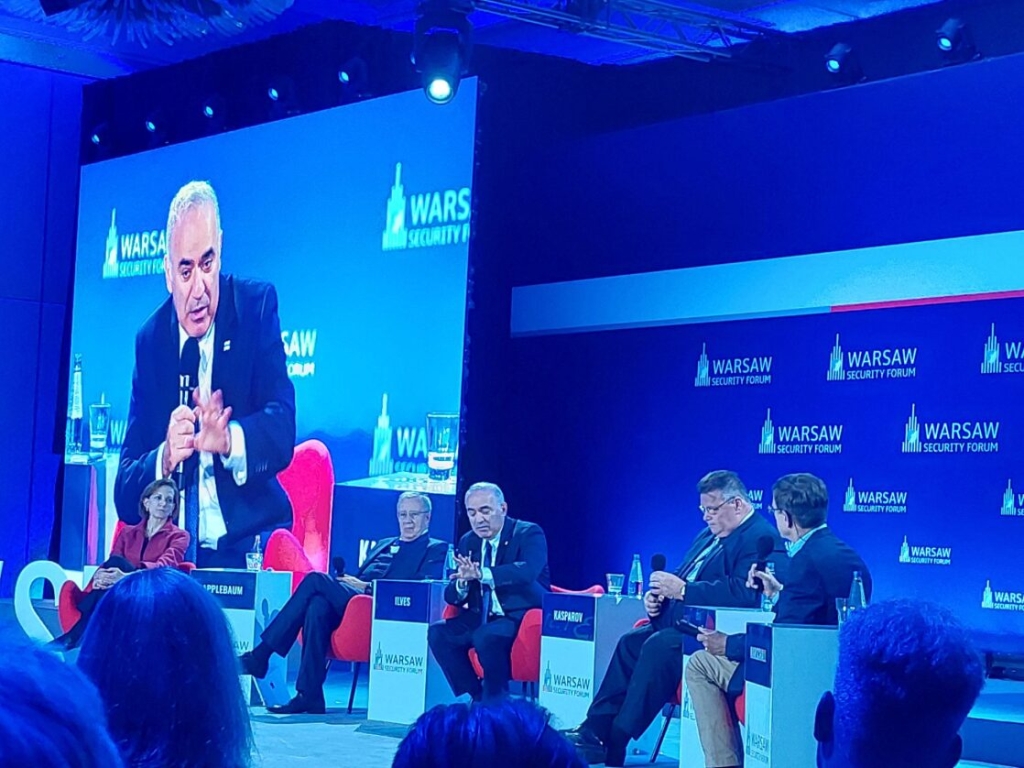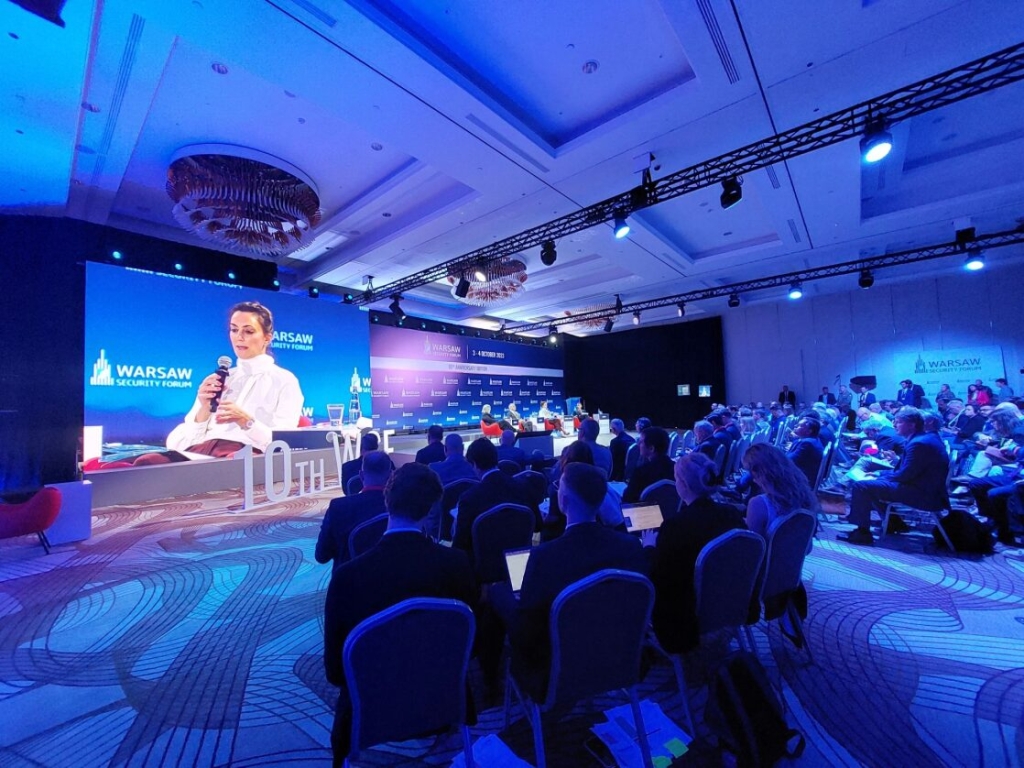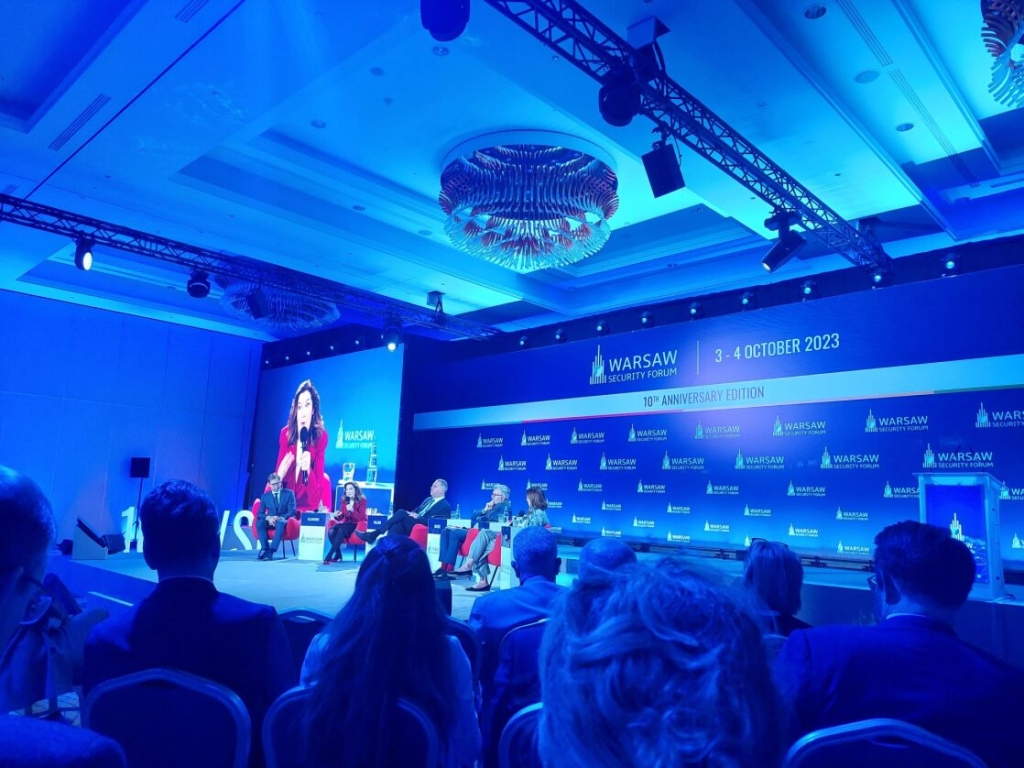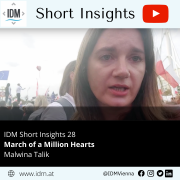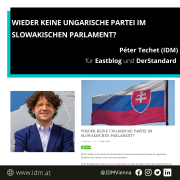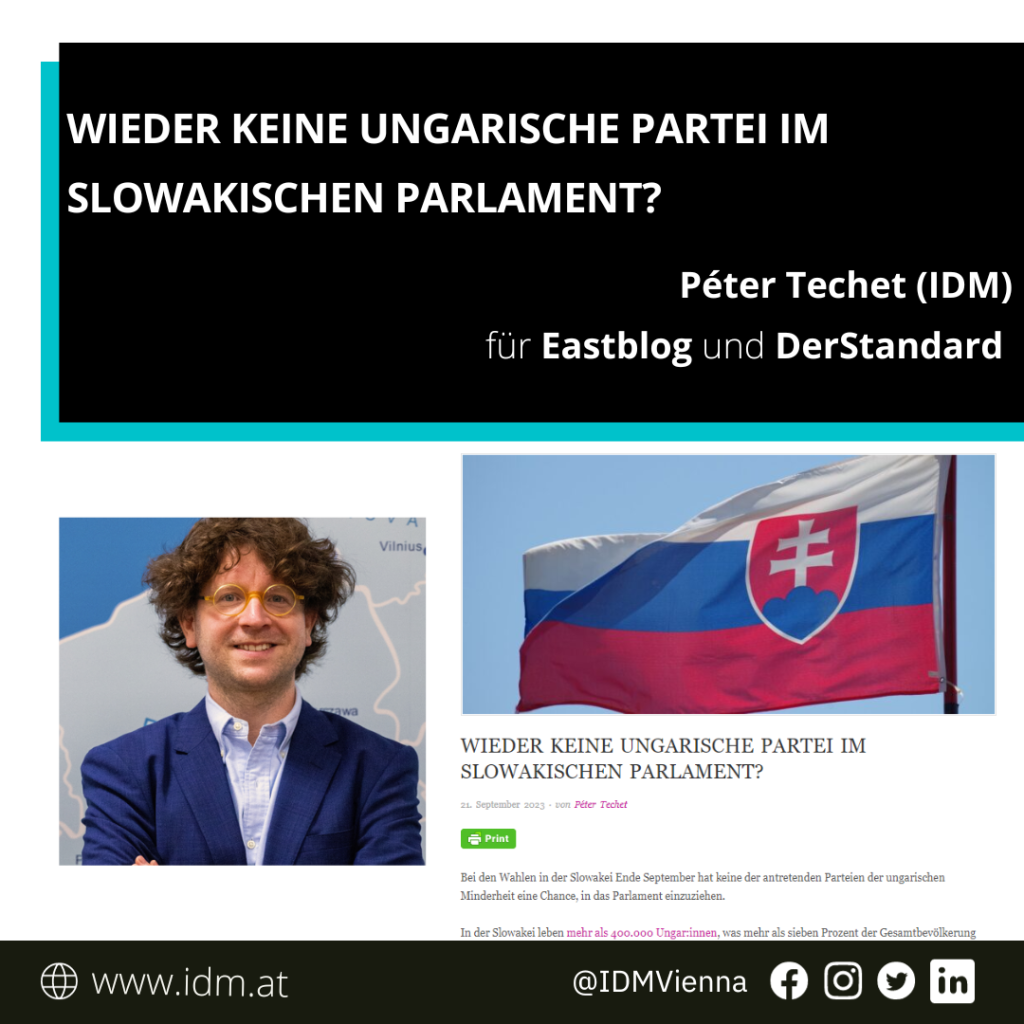European integration of the Western Balkans: Montenegro on the way to the European Union

Datum/Zeit
Oktober 10, 2023
10:00 – 11:30 MESZ/MEZVenue: University of Donja Gorica, Oktoih 1, Podgorica 81000, Montenegro
Even after months of coalition negotiations in the wake of parliamentary elections in June 2023, a new government has not been formed in Montenegro so far. As a member of NATO and a front-runner in the accession process to the European Union, the country’s pro-European, pro-Atlantic orientation is expected to continue under the new cabinet in Podgorica. However, the question remains what kind of stability the new government brings, can a multi-party coalition withstand domestic political turbulences and face regional turmoil and tensions?
Considering the newly established political constellation in this Adriatic country and recent events in the region, the panel discussion focused on the long-awaited European integration of the Western Balkan countries. Experts evaluated the role of Montenegro and current cross-border cooperation formats fostering the accession of the politically and geographically strategic region of South-Eastern Europe to the European Union.


